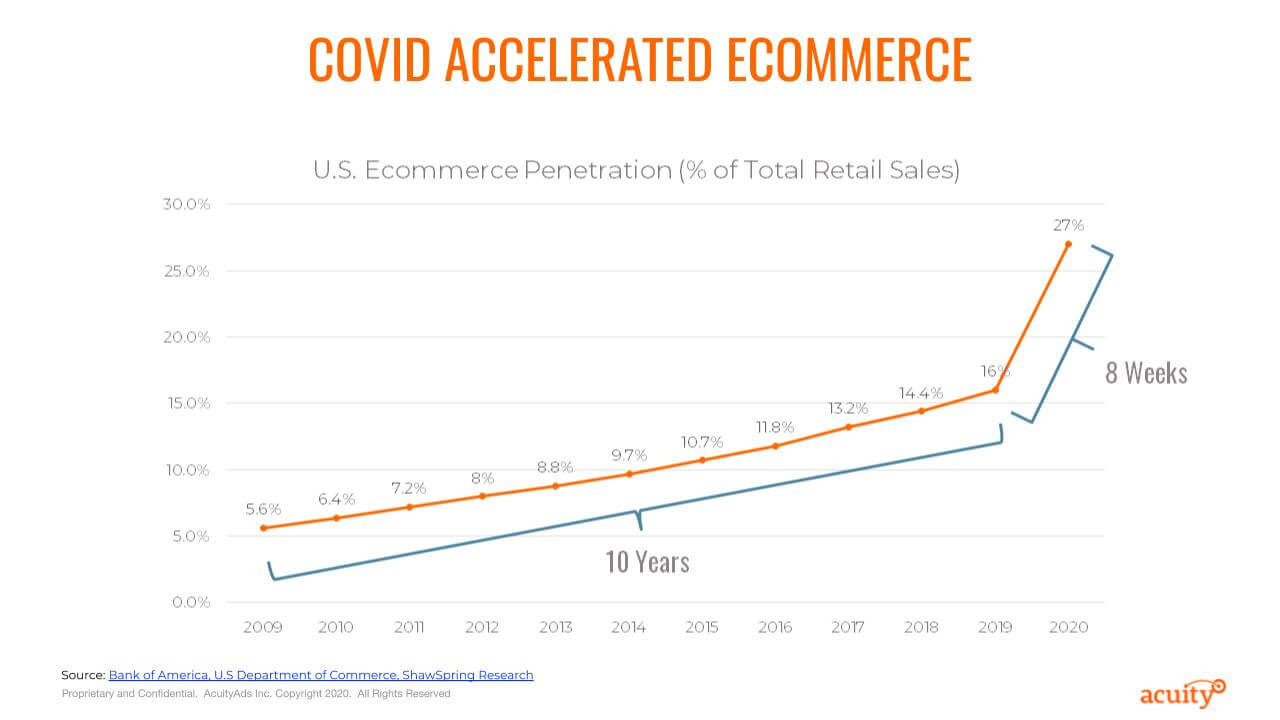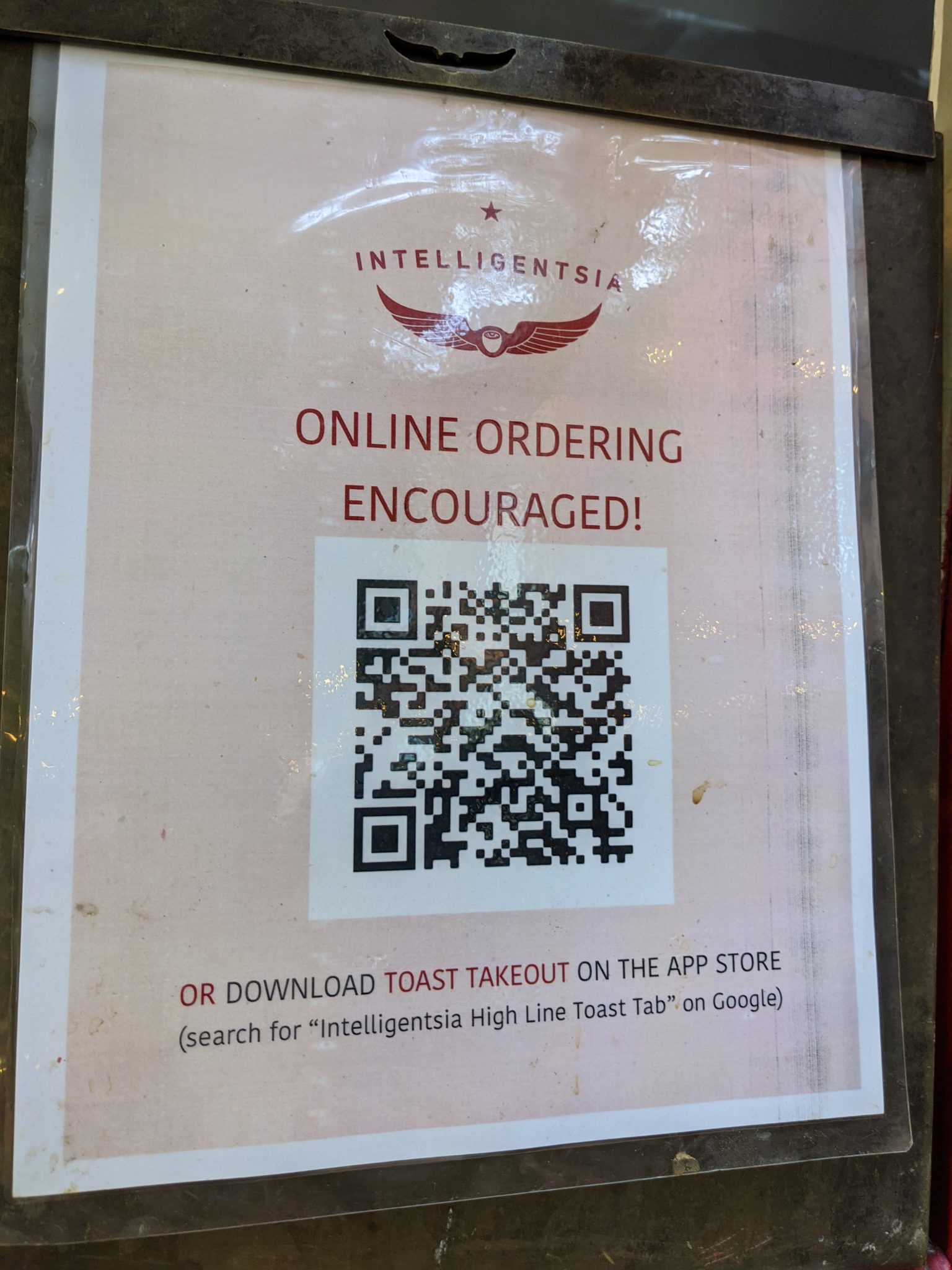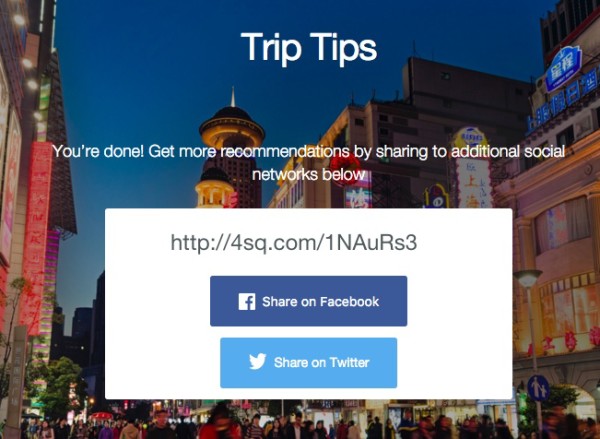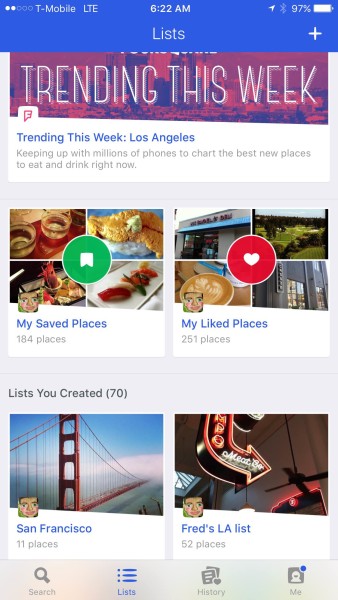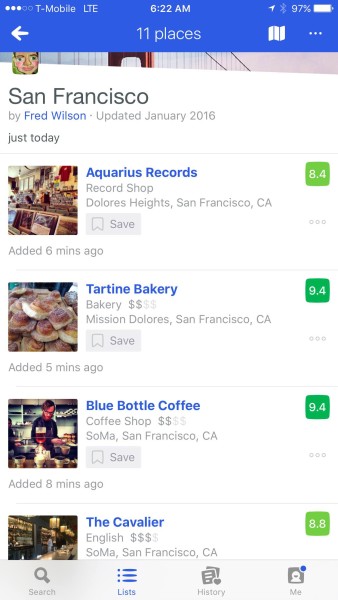It’s 2020. Time to look forward to the decade that is upon us.
One of my favorite quotes, attributed to Bill Gates, is that people overestimate what will happen in a year and underestimate what will happen in a decade.
This is an important decade for mankind. It is a decade in which we will need to find answers to questions that hang over us like last night’s celebrations.
I am an optimist and believe in society’s ability to find the will to face our challenges and the intelligence to find solutions to them.
So, I am starting out 2020 in an optimistic mood and here are some predictions for the decade that we are now in.
1/ The looming climate crisis will be to this century what the two world wars were to the previous one. It will require countries and institutions to re-allocate capital from other endeavors to fight against a warming planet. This is the decade we will begin to see this re-allocation of capital. We will see carbon taxed like the vice that it is in most countries around the world this decade, including in the US. We will see real estate values collapse in some of the most affected regions and we will see real estate values increase in regions that benefit from the warming climate. We will see massive capital investments made in protecting critical regions and infrastructure. We will see nuclear power make a resurgence around the world, particularly smaller reactors that are easier to build and safer to operate. We will see installed solar power worldwide go from ~650GW currently to over 20,000GW by the end of this decade. All of these things and many more will cause the capital markets to focus on and fund the climate issue to the detriment of many other sectors.
2/ Automation will continue to take costs out of operating many of the services and systems that we rely on to live and be productive. The fight for who should have access to this massive consumer surplus will define the politics of the 2020s. We will see capitalism come under increasing scrutiny and experiments to reallocate wealth and income more equitably will produce a new generation of world leaders who ride this wave to popularity.
3/ China will emerge as the world’s dominant global superpower leveraging its technical prowess and ability to adapt quickly to changing priorities (see #1). Conversely the US becomes increasingly internally focused and isolationist in its world view.
4/ Countries will create and promote digital/crypto versions of their fiat currencies, led by China who moves first and benefits the most from this move. The US will be hamstrung by regulatory restraints and will be slow to move, allowing other countries and regions to lead the crypto sector. Asian crypto exchanges, unchecked by cumbersome regulatory restraints in Europe and the US and leveraging decentralized finance technologies, will become the dominant capital markets for all types of financial instruments.
5/ A decentralized internet will emerge, led initially by decentralized infrastructure services like storage, bandwidth, compute, etc. The emergence of decentralized consumer applications will be slow to take hold and a killer decentralized consumer app will not emerge until the latter part of the decade.
6/ Plant based diets will dominate the world by the end of the decade. Eating meat will become a delicacy, much like eating caviar is today. Much of the world’s food production will move from farms to laboratories.
7/ The exploration and commercialization of space will be dominated by private companies as governments increasingly step back from these investments. The early years of this decade will produce a wave of hype and investment in the space business but returns will be slow to come and we will be in a trough of disillusionment on the space business as the decade comes to an end.
8/ Mass surveillance by governments and corporations will become normal and expected this decade and people will increasingly turn to new products and services to protect themselves from surveillance. The biggest consumer technology successes of this decade will be in the area of privacy.
9/ We will finally move on from the Baby Boomers dominating the conversation in the US and around the world and Millennials and Gen-Z will be running many institutions by the end of the decade. Age and experience will be less valued by shareholders, voters, and other stakeholders and vision and courage will be valued more.
10/ Continued advancements in genetics will produce massive wins this decade as cancer and other terminal illnesses become well understood and treatable. Fertility and reproduction will be profoundly changed. Genetics will also create new diseases and moral/ethical issues that will confound and confuse society. Balancing the gains and losses that come from genetics will be our greatest challenge in this decade.
That’s ten predictions, enough for now and enough for me. I hope I made you think as much as I made myself think writing this. That’s the goal. It is impossible to be right about all of this. But it is important to be thinking about it.
I know that comments here at AVC are broken at the moment and so I look forward to the conversation on email and Twitter and elsewhere.
